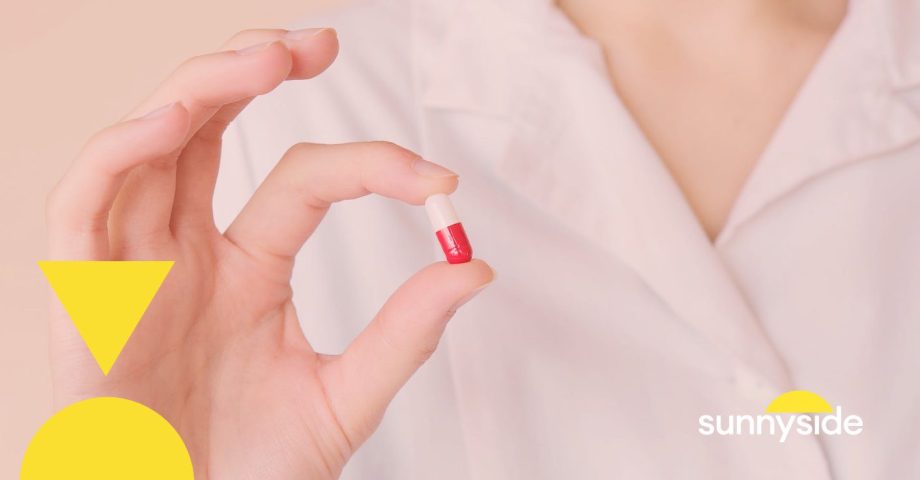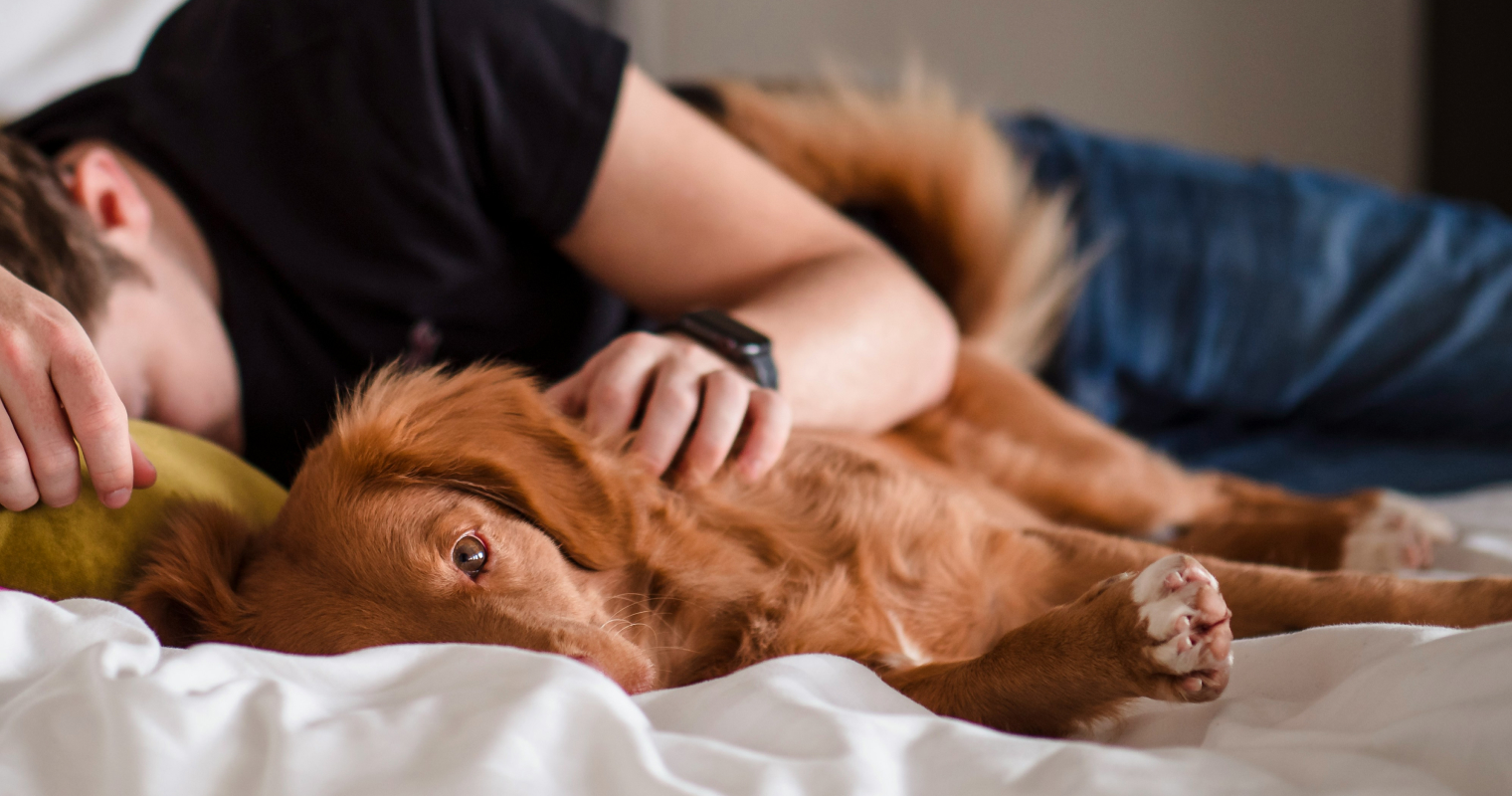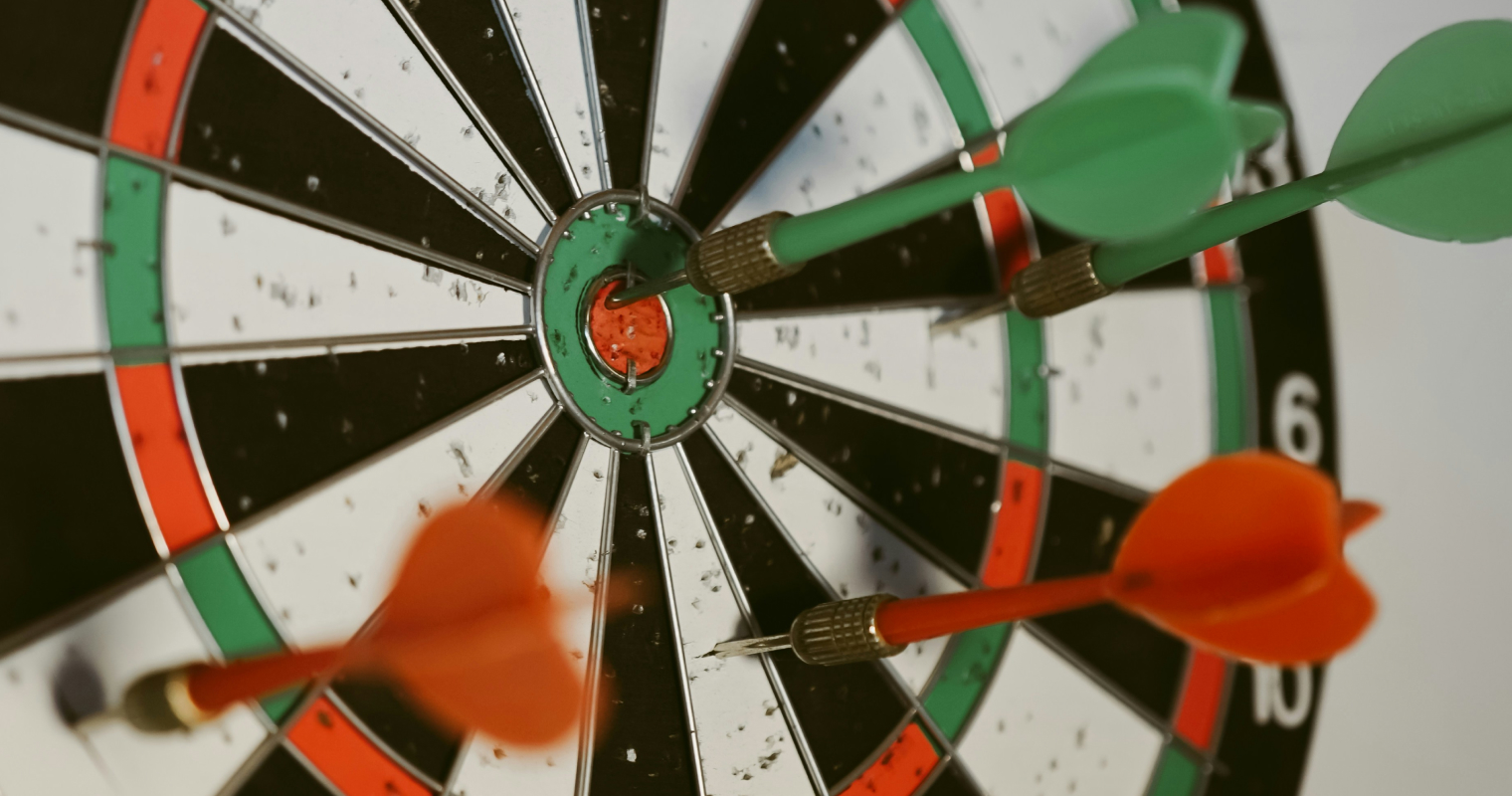Last Updated on July 13, 2023
If you’re one of the more than 30 million Americans taking antidepressants, you might be wondering if a drink now and then is a problem.
After all, alcohol is famous for numbing emotions and it’s everywhere you look, making it hard to say no. But is it safe to mix antidepressants with even one drink of alcohol?
Read on to learn the risks, what’s going on in your body and brain when you combine the two, and how to make sure you don’t hinder your progress.
Understanding Antidepressants
Mental health disorders are on the rise, with more than 1 in 5 American adults currently suffering. Naturally, the use of antidepressants is also increasing, with prescriptions tripling over the past two decades. And luckily, their effects can be life-changing.
In general, antidepressants change how your brain uses certain chemicals, like serotonin and norepinephrine. These neurotransmitters work to regulate not just your mood, but also your behavior.
Different Types of Antidepressants and How They Work
Antidepressants all work a bit differently, but overall, they can help you feel balanced enough to get through the day and manage your symptoms better. These are some of the most common types:
SSRIs (Selective Serotonin Reuptake Inhibitors): These antidepressants increase levels of the “feel good” chemical serotonin in your brain. They’re also one of the most prescribed, like Prozac and Zoloft. Specifically, they stop serotonin from being reabsorbed too quickly so it can stay around for longer and help your mood.
SNRIs (Serotonin-Norepinephrine Reuptake Inhibitors): Meds like Cymbalta and Effexor boost both serotonin and norepinephrine, giving you better mood stability.
TCAs (Tricyclic Antidepressants): These meds have been around for a while, like Elavil and Tofranil. They block the reuptake of serotonin and norepinephrine, similar to SSRIs and SNRIs, but with a different chemical structure that affects more neurotransmitters (which can cause a wider range of side effects).
MAOIs (Monoamine Oxidase Inhibitors): These meds, like Nardil and Parnate, work differently than the others. They block an enzyme called monoamine oxidase that removes neurotransmitters like serotonin, norepinephrine, and dopamine from your brain. But, they’re usually reserved for more resistant cases because of their interactions with certain foods and medications.
Atypical Antidepressants: Meds like Wellbutrin and Remeron have unique mechanisms of action. Wellbutrin increases dopamine and norepinephrine levels, while Remeron affects serotonin and noradrenaline.
A final note is that following your professional treatment plan and staying consistent is key. Skipping or changing your dosage without speaking to your doctor first can compromise its effectiveness.
What kind of drinker are you?Antidepressants and Alcohol: A Doctor’s Take
Alcohol affects your central nervous system — the control center of your body. It acts as a depressant, meaning it slows down your brain’s communication system. Naturally, this affects how you feel, think, and move. And when you add antidepressants into the mix, things start to get complicated.
Side Effects of Mixing Alcohol and Antidepressants
Here’s what you might experience when you combine antidepressants and alcohol:
- Worsened Depression and Anxiety
Alcohol isn’t the mood booster we all think it is. It’s a depressant, after all, so it can easily worsen symptoms of depression and anxiety. And when combined with antidepressants, alcohol can counteract its effects and exacerbate your symptoms. So, rather than feeling calm, sociable, and fun, you might instead feel sad, hopeful, and anxious.
- Heightened Risk of Suicidal Thoughts
Lots of antidepressants have a warning of suicidal thoughts, especially in young adults. And since alcohol is known to lower inhibitions and impair judgment, combining the two could be like throwing gas on a fire.
- Reduced Antidepressant Effectiveness
Alcohol changes how your body absorbs, metabolizes, and eliminates medication, potentially reducing its effectiveness. This can end with you not getting the symptom relief you were looking for, and maybe even prolonging your mental health condition.
- Increased Sedation, Liver Strain, and Other Symptoms
First, mixing the two may make you feel nauseous, give you a rapid heartbeat, headache, change your blood pressure, and even cause seizures. There’s also the added sedative effect to take into account, where it makes you feel drowsy, dizzy, and worsens your coordination even more. Plus, the mix puts a huge strain on your liver, potentially creating liver damage or exacerbating pre-existing liver conditions.
- Risk of Dangerous Reactions
Mixing MAOIs with certain types of alcohol and food can cause a dangerous spike in blood pressure. This can put an excessive strain on your heart and lead to serious complications, especially if you’re already suffering from a physical health condition. Also, if you’re taking any other medication, such as anti-anxiety, sleep, or pain meds, you might worsen the risk of side effects.
Mixing SSRIs and SNRIs With Alcohol
Fortunately, there is a chance that you’re less likely to experience negative side effects when drinking alcohol while taking an SSRI or SNRI. But, health professionals still recommend avoiding alcohol while taking these or any antidepressants.
Take a 3-min quiz to drink lessTips for Safe Medication Use
It’s not as simple as skipping an antidepressant to have a drink. Most require consistent dosages to work, and starting and stopping can make things worse. So make sure to follow these safety tips to avoid negative side effects:
- Read Labels and Follow Instructions
We’ve all taken something without reading the fine print first — but it’s there for a reason! So take a few minutes to read the risks and do a bit of research so you can fully understand how your meds work. And you want to follow the instructions to make sure you’re getting the full benefits without any unwanted surprises. Think of it as your prescription for success!
- Avoid Drinking While on Antidepressants
By now you’ve seen all the ways alcohol messes with you when you take antidepressants — and it’s a lot. It’s something you want to avoid completely, if possible. If you do happen to mix them, monitor your symptoms closely, tell a friend who will check in on you, and reach out to a medical professional if you notice anything unusual.
- Talk to a Professional
Your healthcare provider is there to help you, not judge you. Be honest about your alcohol use and any meds you’re taking so they can create the best treatment plan for you. Both your medical doctor and, if you’re up for it, your therapist should know the details.
How Sunnyside Can Help
You don’t need to face everything alone. With the Sunnyside community, you can feel engaged and supported. You can also get one-to-one advice from one of the coaches. Or, just share what you’re going through with people who can listen, judgment-free, and relate.
Finally, you can use the app to set small and achievable goals, or simply track your habits to start. Just observing might help you get some insight into your triggers and responses, too. Take the 3-minute quiz to get started and see how Sunnyside might help.




